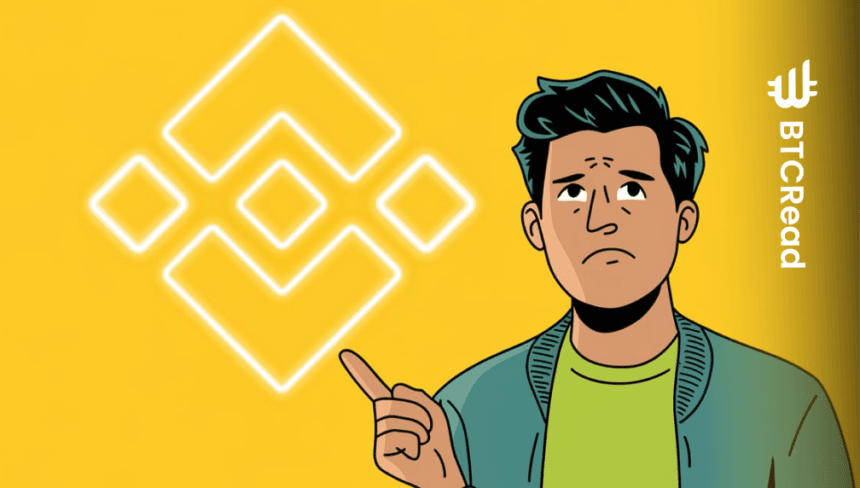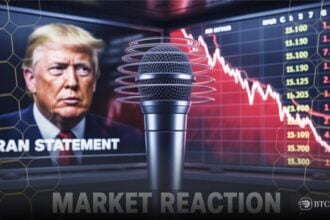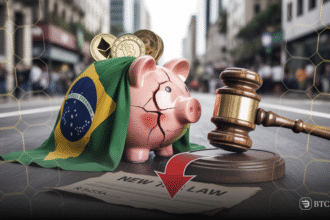Binance encountered a legal hurdle as the U.S. Supreme Court denied its petition to review a lower court ruling. This ruling allows a class action lawsuit alleging violations of U.S. securities laws to move forward. Despite not having a physical headquarters in the United States, the court determined that securities laws could apply to Binance’s operations.
U.S. Court rules Binance transactions fall under SEC laws
This case comes from investors who have bought tokens, like ELF, EOS, FUN, ICX, OMG, QSP, and TRX, on Binance since 2017. Binance’s investors say that it didn’t disclose the risks of these tokens and are solely seeking compensation for their lost money.
The 2nd U.S. Circuit Court of Appeals ruled that U.S. securities laws are applicable because payments for these tokens were finalized in the United States. Additionally, the court highlighted Binance’s reliance on Amazon Web Services’ domestic servers to support its decision.
Binance bases its position on the 2010 Supreme Court decision in Morrison v. National Australia Bank. This case defines the limits of U.S. securities regulations’ extraterritorial jurisdiction. Yet the 2nd Circuit Court of Appeals found that there was enough jurisdiction to take place given that the transaction had occurred at its finalization location.
Binance warned in its Supreme Court petition that the ruling could apply liability across multiple stages of securities transactions, touching international platforms like Binance.com. However, the Supreme Court’s decision to turn down the petition continued another legal fight for the exchange.
Binance pleads guilty to federal Money laundering charges
That’s not the only legal issue that has affected Binance. In November 2023, the platform pleaded guilty to violating federal anti-money laundering and sanctions laws. This penalized that at $4.3 billion. Changpeng Zhao, the founder, was sentenced to a four-month prison term that he served from September 2023.
This has led to class action legal troubles in Canada, filing in April 2023. This lawsuit alleges that Binance violated securities law by exiting the country in May 2023. Binance and Zhao are also parties to a lawsuit from the FTX bankruptcy estate seeking $1.8 billion on the grounds that a 2021 share deal was fraudulent.
The Supreme Court’s refusal to review the case does not address Binance’s ongoing legal battles but signals a precedent for applying U.S. securities laws to global cryptocurrency platforms.







